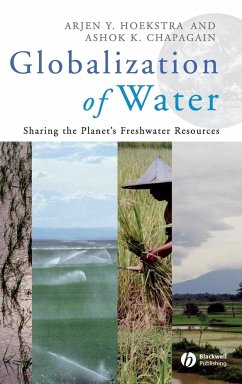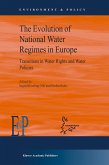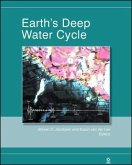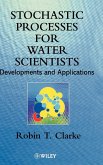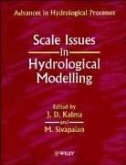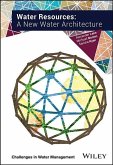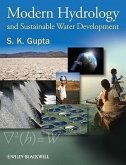Globalization of Water examines the critical link between water management and international trade. Local water depletion and pollution are often closely tied to the structure of the global economy. With increasing trade between nations and continents, water is more frequently used to produce exported goods. Can trade enhance global water use efficiency, or does it simply shift the environmental burden to a distant location? This book offers a consumer-based indicator of each nation's water use: the water footprint. This invaluable tool highlights the hidden link between national consumption and the use of water resources across the globe, identifying "water dependent" countries worldwide. This innovative text is designed for scientists, policy makers, and anybody interested in the relationship between globalization and sustainable water management. It offers a state-of-the-art review, provides a rich data source, and sketches the contours of a new field of knowledge.
Hinweis: Dieser Artikel kann nur an eine deutsche Lieferadresse ausgeliefert werden.
Hinweis: Dieser Artikel kann nur an eine deutsche Lieferadresse ausgeliefert werden.
"The main strengths of the book are its clear explanations of thecore concepts and the methods used to estimate the movements ofvirtual water, along with the wealth of empirical evidence onspecific countries, regions and commodities. . . While the authorsdo not explicitly answer all of the questions outlined at thebeginning of the book, this is still a well-written and timelycontribution that adds some much-needed evidence to the literatureon virtual water." (Area, 2011)
"This book is a technical research report, , and gives anotherimportant strand of firm evidence to support the case for switchingto vegan lifestyles". (Vegan, 1 December 2010)
"Heightened concern about global climate change makes thisbook timely and of interest to many readers." (ChoiceReviews, May 2009)
"[This book] is an authorative and stimulating book to read. Itsmain contribution is the excellent use of case studies toillustrate the well-articulated theoretical background of virtualwater and its global implications.... A though-provokingbook." (South African Geographical Journal, 2008)
"The authors propose to reverse the logic of productionvolumes to consumption volumes. This approach entirely changes allconclusions concerning water stress in the world, dependencies onother countries, and responsibility for water scarcity. Thisdetailed study gives new insights into these mechanisms, leading toa more realistic picture of a country's water needs. The bookcontains extensive and detailed tables, with all the data requiredfor an in depth evaluation. The book concludes with some importantremarks on fairness, sustainability, responsibility, andprice-setting." (Water Environment and TechnologyMagazine, December 2008)
"This book is a technical research report, , and gives anotherimportant strand of firm evidence to support the case for switchingto vegan lifestyles". (Vegan, 1 December 2010)
"Heightened concern about global climate change makes thisbook timely and of interest to many readers." (ChoiceReviews, May 2009)
"[This book] is an authorative and stimulating book to read. Itsmain contribution is the excellent use of case studies toillustrate the well-articulated theoretical background of virtualwater and its global implications.... A though-provokingbook." (South African Geographical Journal, 2008)
"The authors propose to reverse the logic of productionvolumes to consumption volumes. This approach entirely changes allconclusions concerning water stress in the world, dependencies onother countries, and responsibility for water scarcity. Thisdetailed study gives new insights into these mechanisms, leading toa more realistic picture of a country's water needs. The bookcontains extensive and detailed tables, with all the data requiredfor an in depth evaluation. The book concludes with some importantremarks on fairness, sustainability, responsibility, andprice-setting." (Water Environment and TechnologyMagazine, December 2008)

